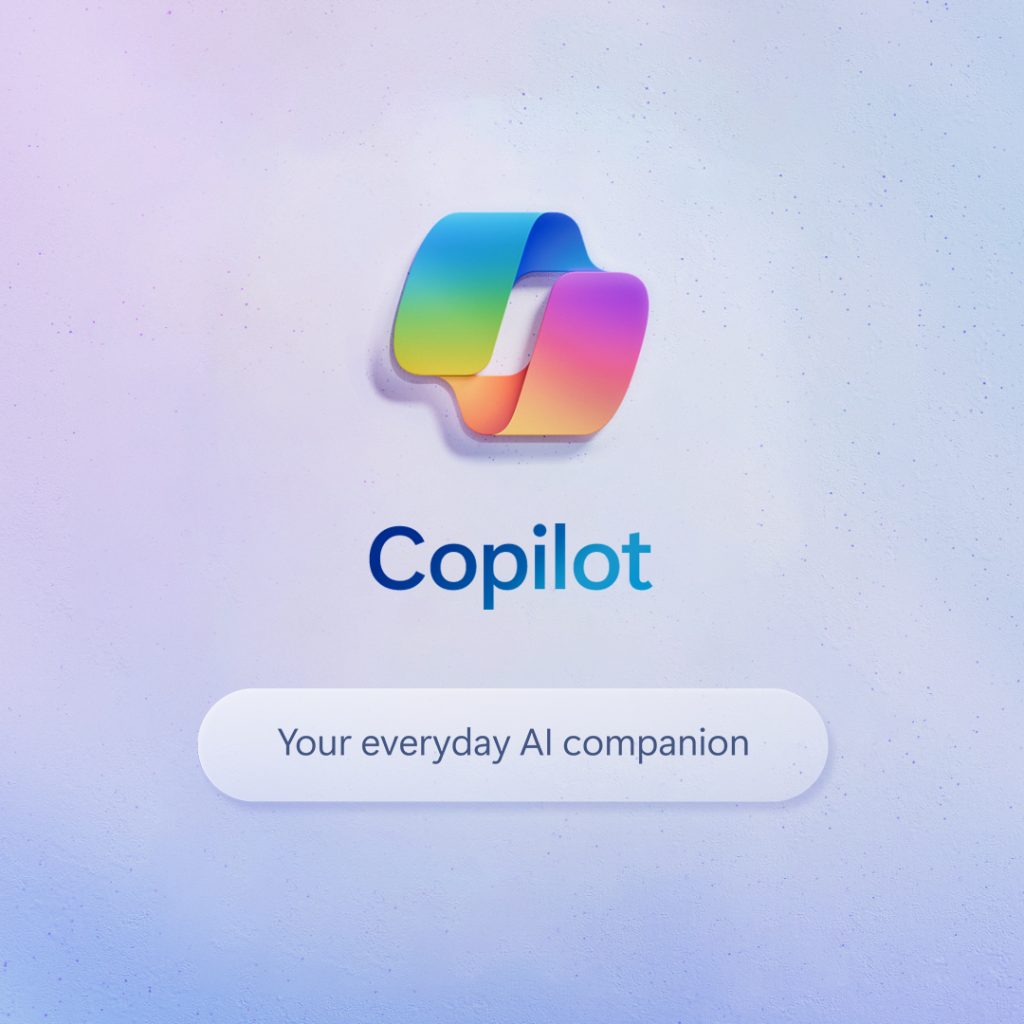The integration of Artificial Intelligence (AI) into the professional realm is no longer a matter of if, but when. As AI becomes more prevalent, it’s reshaping the landscape of required AI skills for new hires. A recent survey by TalentLMS has shed light on the challenges and opportunities this presents.
The changing landscape of skills
A significant 64% of Human Resources managers have observed that the rise of AI is altering the key skills that are in demand. This shift is not just about technical skills but also about the ability to work alongside and leverage AI tools effectively.
Proactive measures by HR teams
Recognizing the imminent AI wave, 85% of HR managers are considering investments in learning and development. Their aim? To future-proof their employees against the ever-increasing influence of AI. The survey, which took into account the views of 309 HR managers, revealed that 43% believe their company will face a skills gap due to AI’s integration.
Strategies for an AI-ready workforce
Upskilling and reskilling
A majority, 58% of HR managers, are turning to upskilling and reskilling initiatives. These initiatives are not just about understanding AI but also about adapting to a workplace that will increasingly rely on it. Additionally, 41% of HR managers are considering bringing in new talent specifically to address the AI-induced skills gap.
Budgeting for AI training
Understanding the importance of AI adaptation, 54% of HR professionals are emphasizing the need to allocate a dedicated budget for AI training. This shows a clear commitment to ensuring that employees are not left behind in the AI revolution.
The broader digital disruption
The AI skills gap is merely a part of a larger trend of disruptions brought about by digitalization. Data from IONOS indicates that for 79% of small business owners in the UK, adopting new technologies is crucial for future growth. However, the flip side reveals a concern: 29% believe that the ongoing shortage of skilled workers poses a significant risk to their business.
The importance of AI in organizational growth
Thanos Papangelis, the co-founder of TalentLMS and CEO at Epignosis, has highlighted the significance of AI in learning and development. He commented, “Embracing AI in our learning and development initiatives is crucial for building organizational resilience. It empowers individuals to adapt, innovate, and thrive in an ever-evolving landscape, ensuring future success.”
Navigating the hybrid office
The future office will be a blend of AI and human intelligence. Preparing for this hybrid workspace demands more than just training. It requires a strategic approach and clear guidelines. A significant 45% of HR managers believe that companies must have a clear AI policy. Such a policy will ensure that AI is implemented ethically, maximizing its potential while safeguarding employee interests.
The implications of the AI skills gap
The AI skills gap isn’t just about skills; it’s about job security. 58% of respondents have expressed concerns that AI might lead to job insecurity among employees.
The rapid changes brought about by AI are causing stress. 56% of HR managers believe that the pressure to develop new skills due to AI is contributing to increased employee stress. Moreover, there’s a generational divide. 58% of HR managers feel that older employees might be less confident in an AI-driven environment compared to their younger counterparts. This disparity can impact overall employee wellbeing, which is crucial for productivity.
The AI skills gap has broader economic implications. Research by Virgin Media O2 suggests that the digital skills gap could cost the UK economy as much as £12.8bn. This figure underscores the urgency of addressing the issue.
The potential of AI in the workplace
Despite its challenges, the integration of AI into the workplace presents numerous advantages. A significant 62% of HR managers are confident that AI can handle repetitive tasks, allowing employees to concentrate on more strategic responsibilities. Furthermore, 57% agree that training employees for an AI-centric environment can significantly boost overall productivity.
While there’s no universally agreed-upon solution, 45% of HR managers believe that having clear AI policy guidelines should be a priority. These guidelines would provide clarity on the ethical and effective use of AI in the workplace.
The integration of AI into the workforce is inevitable. As AI continues to find its place, businesses must proactively adapt, ensuring they harness the benefits of AI while addressing the associated challenges.





